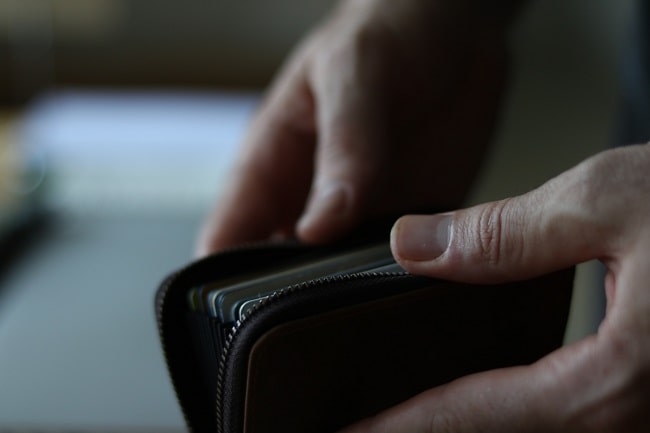Being frugal without being cheap involves finding a balance between saving money and maintaining a reasonable level of comfort and quality in your life. While both frugality and cheapness involve spending less, they differ in mindset and approach. Frugality is about being mindful of money to achieve financial goals and prioritize what truly matters, whereas cheapness often involves being overly focused on cutting costs at the expense of others’ well-being or quality of life. Striking this balance can lead to a more fulfilling and responsible approach to managing your finances and lifestyle. Here are some tips to be frugal without being cheap. Building upon the concepts discussed in that piece, let’s now revisit the exploration of whether “Is Being Thrifty a Good Thing? Exploring the Pros and Cons.”
How to be Frugal but Not Cheap
1. Focus on Value
Instead of always opting for the lowest-priced option, focus on value for money. Consider factors like durability, quality, and long-term cost-effectiveness when making purchases. By evaluating the overall benefit a purchase brings, you can ensure that you’re getting the most out of your money.
2. Invest in Quality Items:
Frugality does not mean buying the cheapest items available. In fact, investing in higher-quality products may actually save you money in the long run. While they might have a higher upfront cost, they tend to last longer and require fewer replacements, ultimately reducing your overall expenses.
3. Avoid Cutting Corners
Being cheap often involves cutting corners and sacrificing quality. On the other hand, Frugal individuals seek ways to save without compromising essentials or essential services. This approach ensures that you’re not undermining your well-being or the quality of your experiences.
4. Practice Mindful Spending
A key aspect of frugality is practicing mindful spending. Take the time to evaluate your needs and wants carefully. By consciously choosing where your money goes, you can direct your resources toward things that align with your values and contribute to your happiness and satisfaction.
5. Be Generous
Frugality doesn’t mean being stingy. It’s important to strike a balance between saving money and being generous. Be willing to share your resources and help others when you can. Avoid shying away from essential social or family gatherings due to cost concerns, as these experiences contribute to a rich and fulfilling life.
6. Support Local and Ethical Businesses
Being frugal doesn’t mean always choosing the cheapest option. In fact, supporting local and ethical businesses can align with your values and contribute positively to your community. These businesses often prioritize quality and sustainability, offering products and services that are both valuable and responsible.
7. Prioritize Health and Safety
While saving money is important, it should never come at the expense of your health and safety. Investing in proper healthcare, nutrition, and safety measures for yourself and your family is a responsible and non-negotiable aspect of frugality.
8. Learn to Say “No” Responsibly
Being frugal involves making conscious choices about where you allocate your resources. Saying “no” to unnecessary expenses is a key practice, but it’s essential to do so responsibly. Avoid becoming overly restrictive or depriving yourself of reasonable and enjoyable experiences.
9. Invest in Personal Development
Frugality isn’t just about cutting costs; it’s also about making strategic investments in your future. Consider investing in education and personal development to enhance your skills and increase your earning potential over time. These investments can lead to greater financial stability and opportunities.
10. Don’t Bargain Unnecessarily
Bargaining and negotiating are valuable frugal practices, especially when appropriate. However, it’s important to avoid excessive haggling in situations where it’s not necessary or respectful. Strive for a balanced and considerate approach to bargaining.
11. Embrace Minimalism
Embracing minimalism goes hand in hand with frugality. By focusing on simplifying your life and reducing unnecessary consumption, you can prioritize the things that truly matter. It’s about finding joy and contentment in experiences and relationships rather than excessive material possessions.
12. Be Grateful
Cultivating a mindset of gratitude is a powerful tool in your frugal journey. Appreciating the value of your possessions and experiences can help you avoid the trap of excessive consumerism. Gratitude reminds you of what you have and encourages you to make more thoughtful and intentional choices.
How to be Frugal but Not Cheap: Finding Balance in Your Financial Choices
Incorporating these principles into your financial decisions allows you to navigate the fine line between frugality and cheapness. Remember, being frugal is not about deprivation or sacrificing quality; it’s about optimizing your resources to achieve your financial goals while maintaining a comfortable and fulfilling lifestyle. Explore the essential link between frugality and effective budgeting in our article: “Why Do Most Families Need a Budget? The Key to Smart Money Management.”

